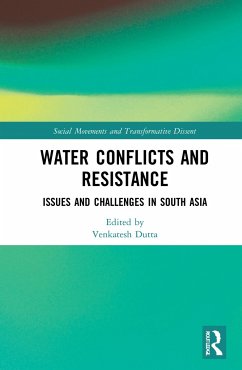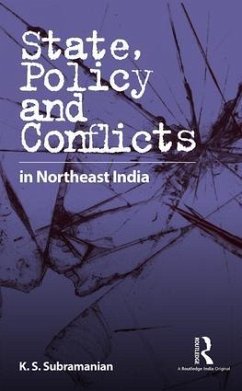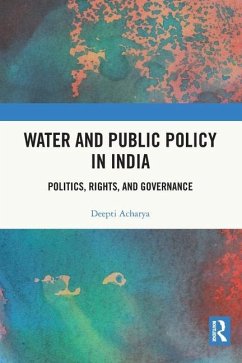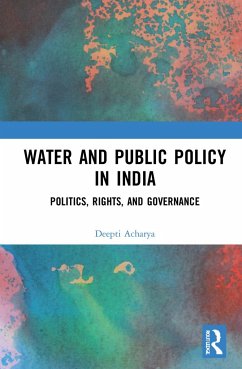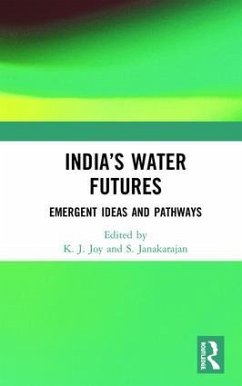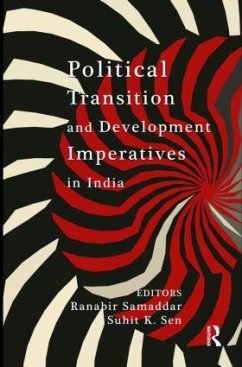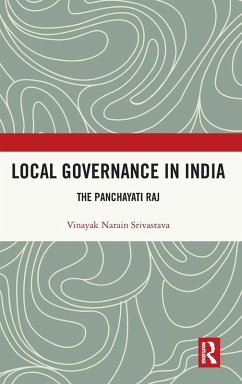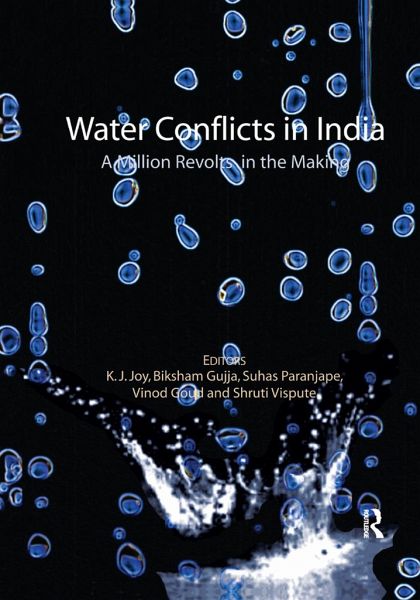
Water Conflicts in India
A Million Revolts in the Making
Herausgeber: Joy, K. J.; Gujja, Biksham; Paranjape, Suhas

PAYBACK Punkte
31 °P sammeln!
Water conflicts in India have now percolated to every level. They are aggravated by the relative paucity of frameworks, policies and mechanisms to govern the use of water resources. Based on the premise that understanding and documenting different types of water conflict cases in all their complexity would contribute to informed public debate and facilitate their resolution, Forum for Policy Dialogue on Water Conflicts in India, a collaborative initiative of the WWF project 'Dialogue on Water, Food and Environment', documented a number of such case studies. One of its kind in India, this book ...
Water conflicts in India have now percolated to every level. They are aggravated by the relative paucity of frameworks, policies and mechanisms to govern the use of water resources. Based on the premise that understanding and documenting different types of water conflict cases in all their complexity would contribute to informed public debate and facilitate their resolution, Forum for Policy Dialogue on Water Conflicts in India, a collaborative initiative of the WWF project 'Dialogue on Water, Food and Environment', documented a number of such case studies. One of its kind in India, this book brings together an impressive sixty-three case studies - summarized status of the conflicts, the issues involved and their current position - and gives us a glimpse into 'the million revolts' that are brewing around water. While recognizing that each conflict is a microcosm of wider conflicts, the editors have classified these cases into eight broad themes that try to capture the dominant aspect of the conflict. These are: contending water uses; dams and displacement; equity-access-allocations; micro-level conflicts; water quality; trans-boundary conflicts; privatization; sand excavation and mining. With a mix of academics and activists as contributors, the book makes an important contribution to a new discourse on water in general, and water conflicts and conflict resolution in particular.






